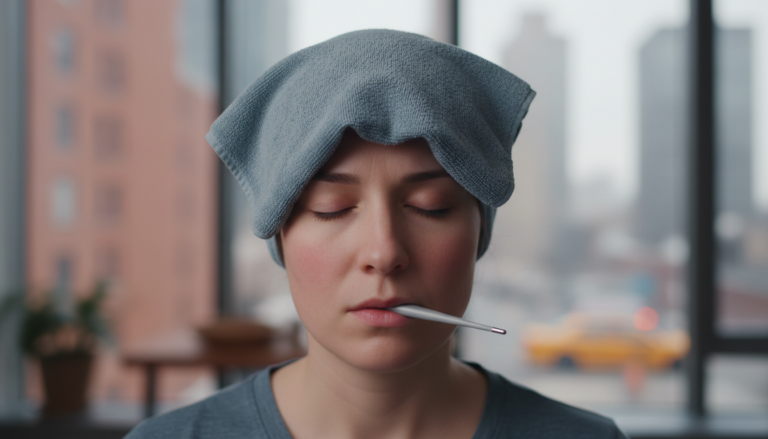Summer is the perfect time to enjoy the great outdoors, whether it’s hiking, camping, or simply relaxing in the park. However, spending time outdoors also means an increased risk of getting bitten or stung by various bugs. From mosquitoes to bees, these bites can cause discomfort, irritation, and even serious health issues. In this article, we will provide you with comprehensive tips on how to avoid bug bites and stings, as well as how to treat them if you do get bitten.
Common Bug Bites and Stings
Mosquitoes
Mosquito bites typically appear as small, itchy bumps. In some cases, they can transmit diseases such as West Nile virus and Zika virus. If you are traveling to an area with a high risk of mosquito-borne diseases, consider using a mosquito net while you sleep.
Bees
Bee stings can cause pain, swelling, and redness. If you’re allergic to bees, a sting can cause a severe allergic reaction known as anaphylaxis. If you know that you are allergic to bees, always carry an epinephrine auto-injector with you.
Ticks
Ticks can transmit diseases such as Lyme disease and Rocky Mountain spotted fever. If you find a tick on your skin, use tweezers to remove it as soon as possible. Grasp the tick as close to the skin as possible and pull it straight out. Do not twist or jerk the tick, as this can cause the mouthparts to break off and remain in the skin.
Spiders
Spider bites can cause a range of symptoms, from mild itching to severe pain and muscle cramps. Seek medical attention if you suspect a spider bite. Identifying the spider that bit you can be helpful in determining the best course of treatment.
Avoiding Bug Bites
Wear protective clothing
Long-sleeved shirts and pants can help protect your skin from bug bites. These clothes act as a barrier between your skin and the bugs. Wearing light-colored clothing can also be beneficial, as it makes it easier to spot any bugs that may have landed on you.
Use insect repellent
Choose a repellent that contains DEET, picaridin, or oil of lemon eucalyptus. These ingredients have been proven to repel mosquitoes, ticks, and other biting insects. Always read the label and follow the instructions for application.
Stay indoors during peak hours
Bugs are most active during dawn and dusk, so try to stay indoors during these times. If you need to be outside during these times, make sure to wear protective clothing and use insect repellent.
Keep your surroundings clean
Remove any standing water, as this can attract mosquitoes and other bugs. Keep your yard free of debris and trim any overgrown bushes or trees. Bugs like to hide in dark, damp areas, so keeping your surroundings clean and well-maintained can help reduce the number of bugs in your area.
Treating Bug Bites and Stings
Remove the stinger if applicable
If you’ve been stung by a bee, remove the stinger as soon as possible to reduce the amount of venom that enters your body. Use a pair of tweezers or gently scrape the stinger out using a credit card or similar object.
Wash the affected area
Use soap and water to clean the area around the bite or sting. This will help prevent infection and remove any dirt or debris that may be on the skin.
Apply a cold compress
This will help reduce swelling and alleviate pain. You can use a cold pack or simply wrap some ice in a towel and apply it to the affected area for 10-15 minutes at a time.
Take an antihistamine
If you’re experiencing an allergic reaction, taking an antihistamine can help reduce symptoms such as itching and swelling. Over-the-counter antihistamines like Benadryl are effective in treating mild allergic reactions. Always follow the instructions on the label.
Seek medical attention
If you are experiencing severe symptoms, such as difficulty breathing or swelling of the face and throat, seek medical attention immediately. In some cases, anaphylaxis can occur, which is a severe allergic reaction that can be life-threatening.
Conclusion
By following these tips and knowing how to treat bug bites and stings, you can enjoy the great outdoors without worrying about pesky bugs. Remember to always be aware of your surroundings and take precautions to protect yourself from bug bites. With a little bit of preparation and knowledge, you can have a safe and enjoyable outdoor experience.

